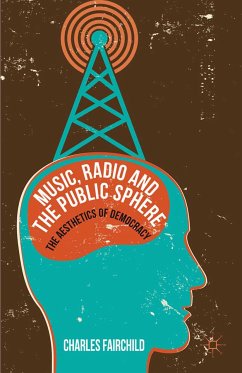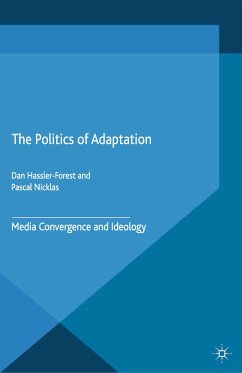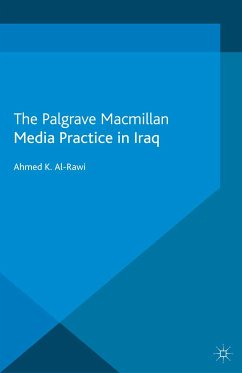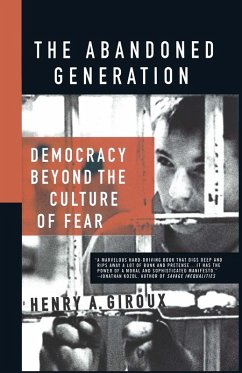
Radio Propaganda and the Broadcasting of Hatred (eBook, PDF)
Historical Development and Definitions
Versandkostenfrei!
Sofort per Download lieferbar
40,95 €
inkl. MwSt.
Weitere Ausgaben:

PAYBACK Punkte
20 °P sammeln!
An exposition and analysis of the development of propaganda, focusing on how the development of radio transformed the delivery and impact of propaganda and led to the use of radio to incite hatred and violence.
Dieser Download kann aus rechtlichen Gründen nur mit Rechnungsadresse in A, B, BG, CY, CZ, D, DK, EW, E, FIN, F, GR, HR, H, IRL, I, LT, L, LR, M, NL, PL, P, R, S, SLO, SK ausgeliefert werden.












